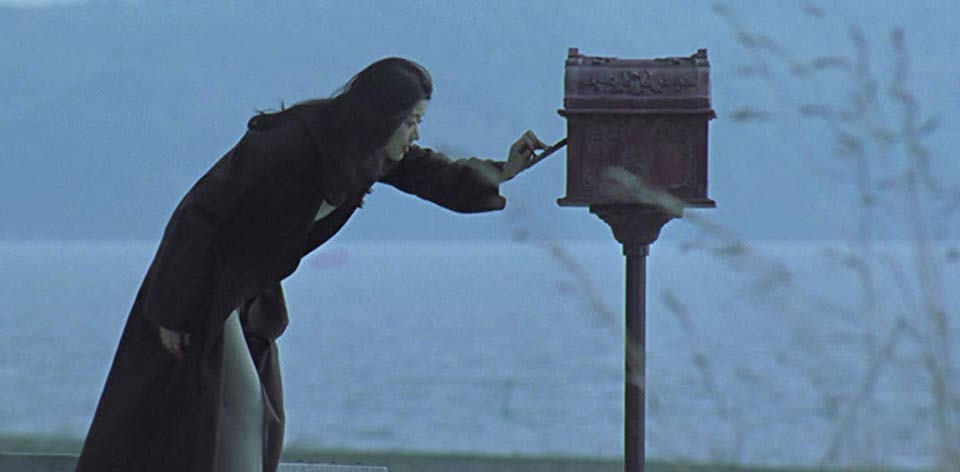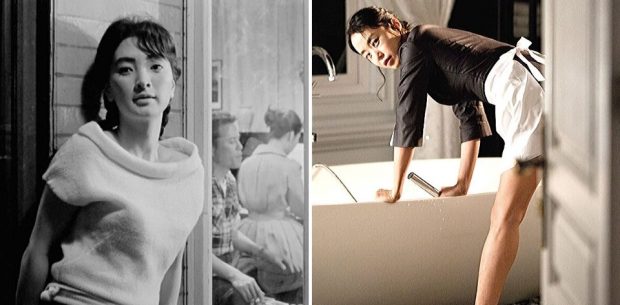While Hollywood remakes of foreign language films is nothing new, the wheels and roundabouts of preference tend to favour regional cinema in waves.
The US has long finished with the J-Horror craze, and has run out of Swedish vampire movies or books about girls with dragon tattoos. Korea is undoubtedly the flavour of the month, with two major filmmakers announcing remakes of South Korean hits. Yet the door swings both ways, with Korea mining the world for source material as well. However, the real question remains: is Hollywood ready for Korea yet?
Harry Potter helmer Chris Columbus has signed on to direct Kim Young-tak’s Hello Ghost, while Mean Girls director John Waters is set to remake Lee Hae-jun’s Castaway on the Moon. The latter, as long-term Korean Film Festival in Australia (KOFFIA) fans will know, closed the festival last year to the delight of audiences. Concerning the almost existential comedy of a man marooned on an island in the middle of the Han River, and the agoraphobic woman who forms a relationship with him from an apartment overlooking the river, it is difficult to know how this will translate to US audiences without losing the wit and subtlety that comes from the many Korea-specific cultural touches in the original, touching film.
Yet as long as mainstream audiences fear reading subtitles on their films, remakes and reworkings of Korean (and other foreign-language cinema) seems inevitable. Back in 2006, Lee Hyun-seung’s Il Mare (시월애) was remade with Sandra Bullock and Keanu Reeves as The Lake House and met with mixed critical reviews, not to mention the dubious honour of the Teen Choice Award for “Choice Liplock”. Imitation may be the sincerest form of flattery, but in an increasingly crowded world movies market, replicating Korea’s cinematic achievements in another language is not necessarily the best showcase for their home-grown products.
On the other hand, Korea is not beyond remaking its own films. Last year’s The Housemaid (하녀) is a remake of Kim Ki-Young’s 1960 film of the same name, reworking its core themes for the twenty-first century. The trend seems to be catching on throughout Asia, with Kim Dong-won’s City of Damnation (유감스러운 도시) reworking Hong Kong’s Infernal Affairs (also remade in Hollywood as The Departed) as a wacky comedy.
Similarly, South Korean filmmaker Song Hae-Sung released Mukeokja (무적자 aka Invincible), a reworking of the legendary Hong Kong director John Woo’s A Better Tomorrow. Perhaps Woo has the right idea when it comes to remakes: he is producing Korean-American director John H. Lee’s own version of the classic action film The Killer, known for its balletic violence and lingering shots of doves. Perhaps the pervading attitude is that if you are going to do it right, you may as well (re)do it yourself!
While distributors are slowly catching onto the idea that overseas markets are interested in seeing the original versions of these films in the cinema. Korean mega-hit Detective K (조선명탐정 : 각시투구꽃의 비밀) was released in late January in its naive South Korea, and is set for US release on March 11, followed by a Canadian and limited Australian release on March 17.
However, with only limited release in each of those countries (a mere 10 cities in the US, in fact), there is still a ways to go in promoting Korean film overseas. Indeed, with South Korea’s The Last Godfather (라스트 갓파더), a parody of Francis Ford Coppola’s The Godfather, to be released in 12 US cities on April 1. It could be an April Fool’s joke, or the start of a new era of Korea in the US.
This piece was originally written for the KOFFIA Blog when I was the original editor. The Reel Bits continues to keep Asia in Focus.






